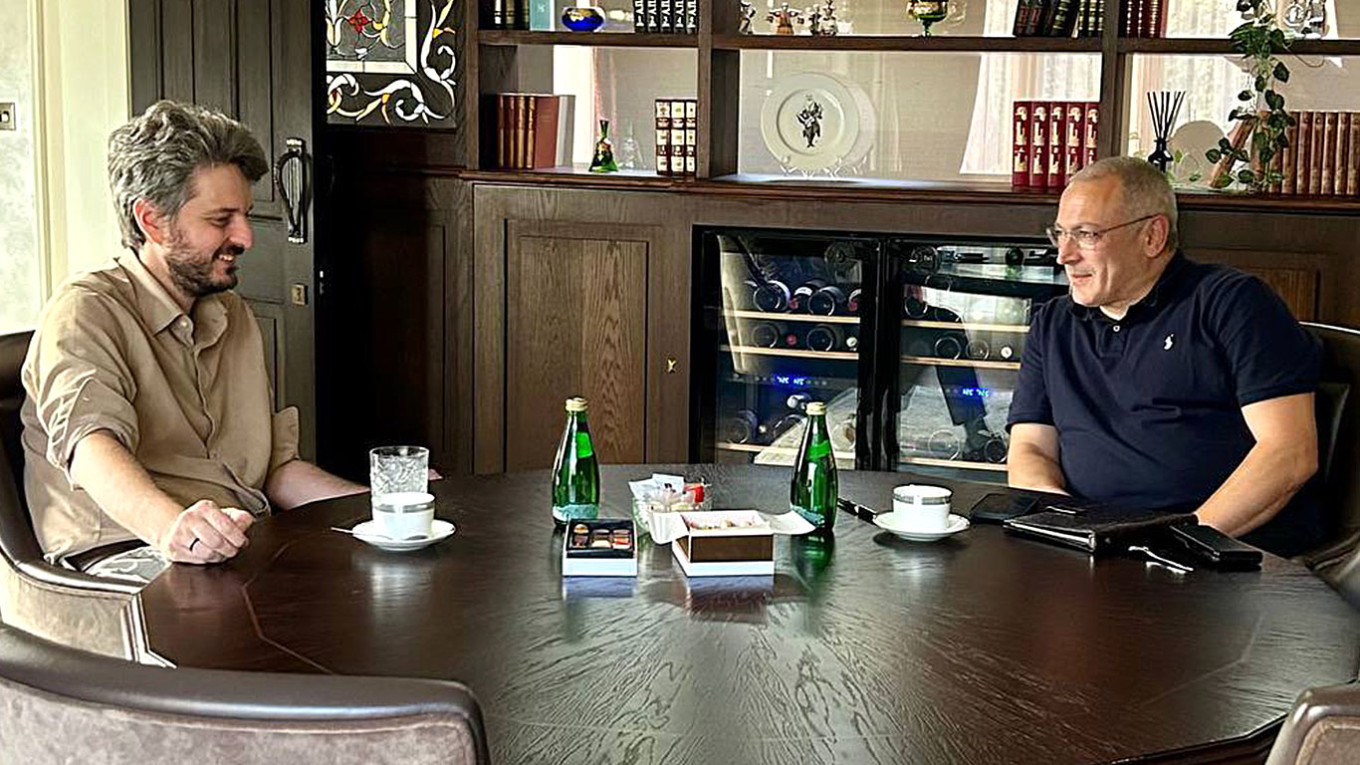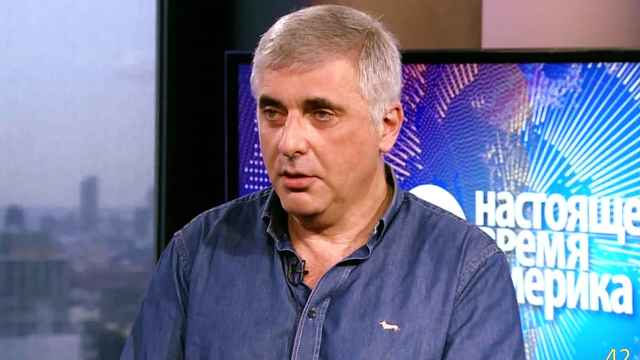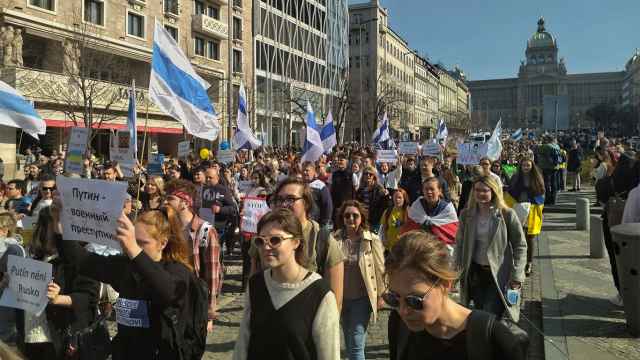When exiled from their home countries, political figures and organizations often become increasingly radicalized and uncompromising in their opposition to the government they fled.
For Russia’s opposition, which has almost entirely been exiled or imprisoned, this can be seen in its members’ immediate response to the war, in which they doubled down on calls to sanction Russia’s business elite.
However, after over a year and a half of the largest war on the European continent since World War II, exiled Russian opposition figures have significantly reduced their campaigning for more sanctions on the Russian political and business elite. While sanctions have exposed some problems with Russia’s economy, they have not caused the wholesale disruption that Ukraine and its allies had hoped for. Instead, figures like Mikhail Khodorkovsky have shifted to urging Western governments to ramp up their military assistance to Ukraine.
This is important because this shift in perspective has also had an effect on the relationships and rhetoric within the Russian opposition. The only vision for the future any of them offer is to defeat is through Ukraine liberating its territories — and all but making sure that Russia becomes militarily incapable of launching a new invasion.
Relying on the unity of Western governments in this way has taken away the Russian opposition’s agency. While groups and individuals such as Navalny’s FBK, Mikhail Khodorkovsky, Maxim Katz and Dmitry and Gennady Gudkov remain very vocal about their resolve to fight for a better and freer Russia, the fact is that it isn’t their time to lead the fight. As such, many of them have reverted to their pre-war rhetoric.
In the years leading up to the war, the various factions of the anti-Putin opposition were notorious for their disagreements and infighting. One person or group would accuse the others of being too lenient on the regime as if that proved their own righteousness and moral superiority. When the Kremlin launched its offensive on Ukraine, most of that infighting was either significantly toned down or put aside altogether until a more suitable time. The Russian opposition rightfully felt a responsibility to play its part in making sure that Ukraine would not fall. That meant directing as much of its attack power at the Russian regime as they could muster up.
However, now it seems that they are now back to taking swipes at each other. This is especially evident in Alexei Navalny’s latest letter following his recent sentencing to 19 years in the strictest type of prison in Russia. While seemingly focusing on the 1990s, Navalny’s argument aimed to make sure the anti-Putin opposition does not repeat the same mistakes the were made by the new Russian government that was formed after the fall of the Soviet Union. The letter does not fail to mention the grievances that Navalny has with the current opposition, which falls right in line with the recently revived verbal infighting.
It isn’t just Navalny. The opposition was split over whether the athlete Yelena Isinbayeva and shareholders of Alfa Bank should be sanctioned. An April 2023 interview with Garry Kasparov in which he criticized Team Navalny for avoiding saying that Crimea is part of Ukraine is going back to their pre-2022 habit of tearing into each other.
This is less a critique of the opposition than a sad reflection of the current political reality. There is no right answer to the question of what else the opposition should be doing.
Although the war reinforced the Russian opposition’s message, it also distanced that very opposition from their own agency to do so, through no fault of their own. The people and entities who were once at the forefront of the fight against Putin now find themselves with less influence and visibility than the Ukrainian people, to whom this fight should never have befallen. The economic and military support of the EU and NATO are among the main reasons why the fight has not been lost.
There is no miracle solution to this problem. Infighting within the Russian opposition is certainly not helping, even though it appears to be caused by an emotional reaction to the inability to exert a more positive and wide-reaching effect on the current state of affairs, which is hard not to sympathize with.
However, perhaps the opposition’s influence could be salvaged and improved. Forming a wide coalition of anti-Putin forces, while not becoming a singular entity, is very likely to bolster the opposition’s message. The European Parliament as well as the U.S. government have been baffled by the many different requests they hear from each camp of the Russian opposition.
Perhaps the question should not be whether a coalition can form despite these divisions, but rather why it has to. The answer is simple: At this point, there is no better option.
A Message from The Moscow Times:
Dear readers,
We are facing unprecedented challenges. Russia's Prosecutor General's Office has designated The Moscow Times as an "undesirable" organization, criminalizing our work and putting our staff at risk of prosecution. This follows our earlier unjust labeling as a "foreign agent."
These actions are direct attempts to silence independent journalism in Russia. The authorities claim our work "discredits the decisions of the Russian leadership." We see things differently: we strive to provide accurate, unbiased reporting on Russia.
We, the journalists of The Moscow Times, refuse to be silenced. But to continue our work, we need your help.
Your support, no matter how small, makes a world of difference. If you can, please support us monthly starting from just $2. It's quick to set up, and every contribution makes a significant impact.
By supporting The Moscow Times, you're defending open, independent journalism in the face of repression. Thank you for standing with us.
Remind me later.








